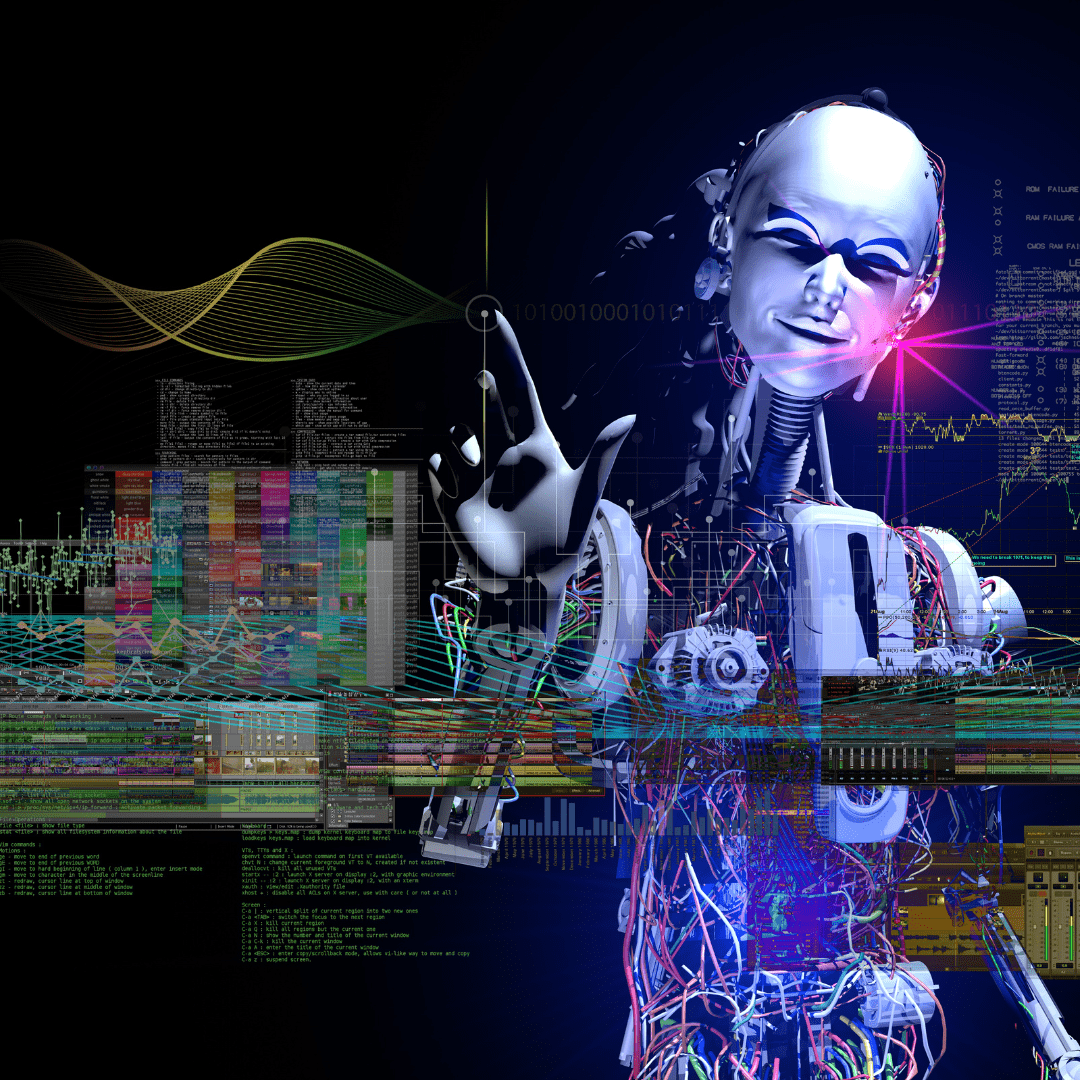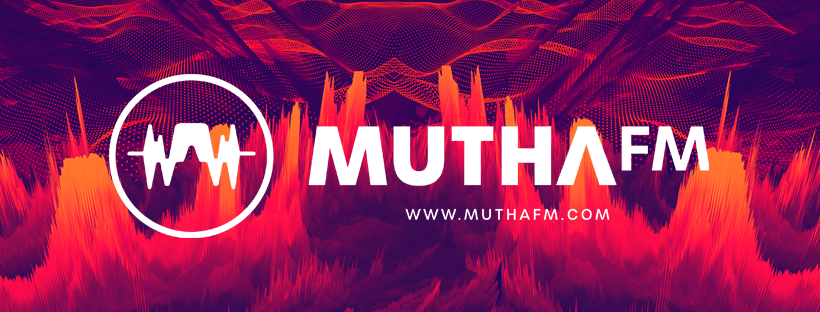Electronic Artists and the Rise of AI-Generated Music

In the ever-evolving world of music, innovation knows no bounds. One of the most intriguing developments in recent years has been the rise of AI-generated music. As technology continues to push creative boundaries, we delve into the realm of electronic music to explore how artists are embracing this phenomenon and what they truly feel about it.
The Emergence of AI-Generated Music
Artificial Intelligence, once confined to the realm of science fiction, has become an increasingly prevalent presence in our daily lives. In the music industry, AI has made remarkable strides in generating original compositions, opening up a world of possibilities for artists and creators.
AI-generated music is created using algorithms, machine learning, and vast databases of musical compositions. These algorithms can mimic the styles of famous composers, generate entirely new melodies, or even blend different genres to create unique tracks. With such capabilities, AI has piqued the curiosity of electronic music artists worldwide.
A Shift in Creative Paradigm
Electronic music artists are renowned for pushing boundaries and experimenting with sounds. For some, the idea of collaborating with AI or using AI-generated elements in their work has sparked a new level of intrigue. They see AI as a tool that can enhance their creative process, offering fresh ideas and unexpected directions.
- Enhancing Creativity: Many electronic artists are using AI-generated music as a source of inspiration. By feeding AI systems with their own compositions or preferences, they can receive suggestions for chord progressions, melodies, or rhythms they might not have thought of otherwise.
- Sound Exploration: AI allows artists to explore a vast soundscape. It can generate unique sound textures, which, when incorporated into their music, can give it an otherworldly quality.
- Efficiency and Collaboration: AI can speed up the music production process. It can provide pre-made beats, harmonies, or even lyrics, enabling artists to focus on refining and personalizing their creations. Additionally, AI-generated music can serve as a collaborative partner, offering ideas that artists can build upon.
Artists Embrace AI with Caution
While many electronic music artists are intrigued by the possibilities AI offers, there are reservations and concerns as well. The “human touch” is an integral part of music creation, and artists want to ensure that their work remains authentic and emotionally resonant.
- Fear of Overreliance: Some artists worry that relying too heavily on AI might dilute their individuality and creative expression. They view AI as a tool to be used thoughtfully rather than a replacement for human creativity.
- Ethical Concerns: As AI-generated music gains prominence, there are ethical questions about who owns the rights to AI-created compositions and how artists should be compensated for their collaborations with AI systems.
- Loss of Skill Development: There’s concern that relying on AI for composition could hinder the development of traditional musical skills, potentially leading to a less diverse and dynamic music landscape.
The rise of AI-generated music has ushered in a new era of creativity in the electronic music scene. Electronic artists, known for their innovation and boundary-pushing, are exploring the possibilities that AI brings while also treading cautiously to preserve their artistic authenticity. As technology continues to advance, the relationship between electronic music artists and AI is likely to evolve, creating exciting and unpredictable soundscapes that captivate audiences around the world. Ultimately, the harmonious collaboration between human creativity and artificial intelligence is poised to redefine the future of electronic music.






